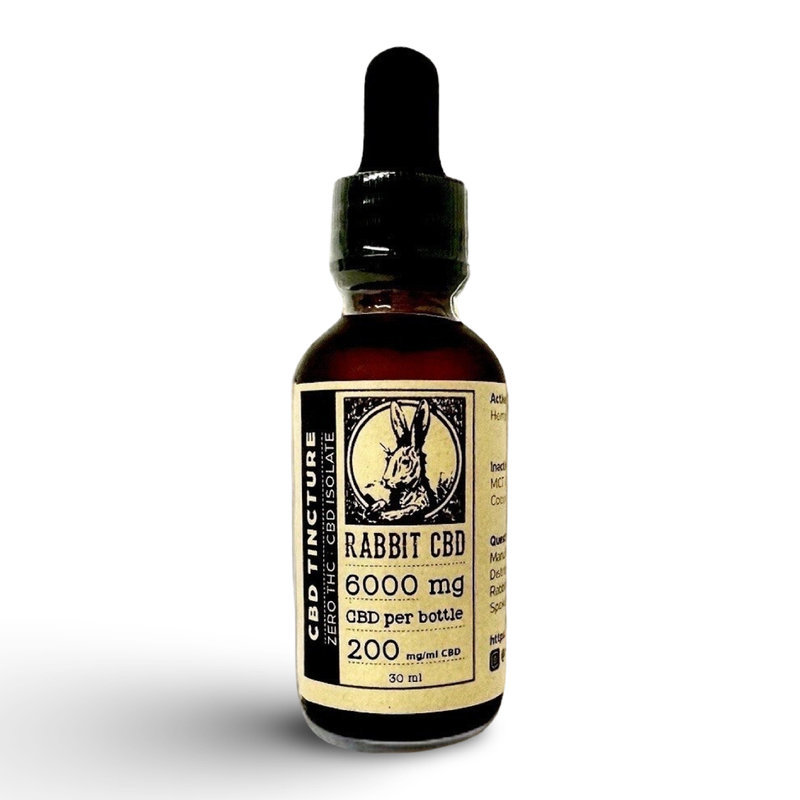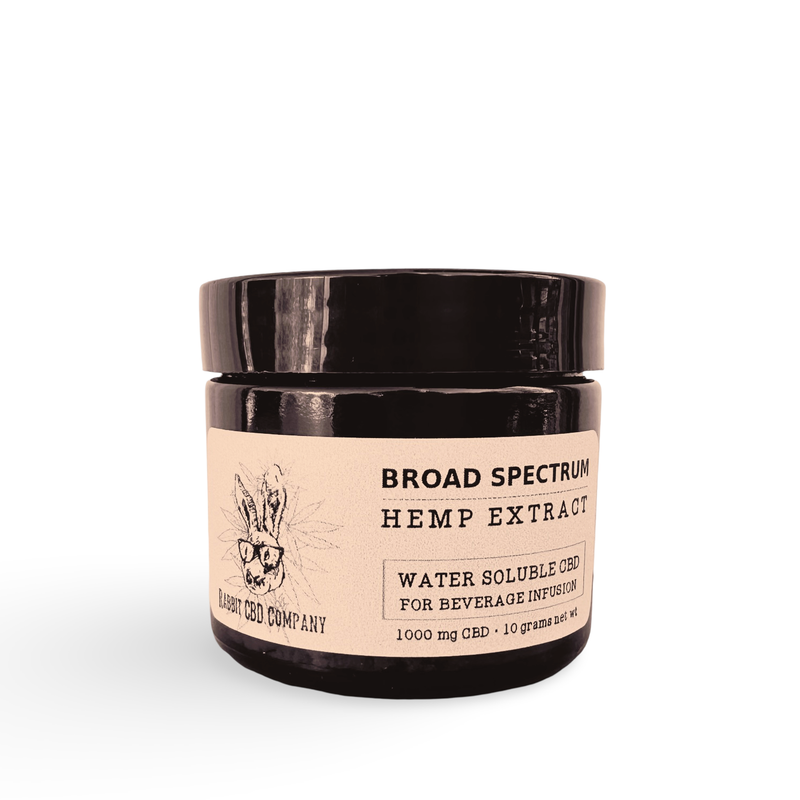Featured Products

100mg CBD Gummies
$30.00
100mg CBD Gummies
Now made with organic tapioca syrup. Strong dose CBD and great value product.
On Sale
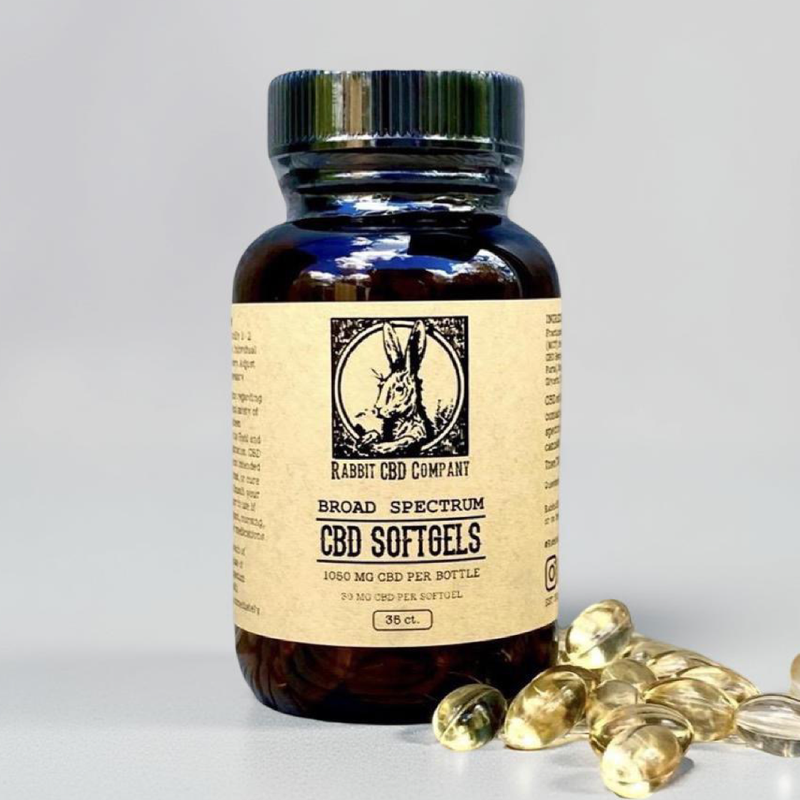
30mg CBD Softgels
was $31.00
Save 6%
$29.00
30mg CBD Softgels
Capsules for easy dosing. Beautiful golden nectar.
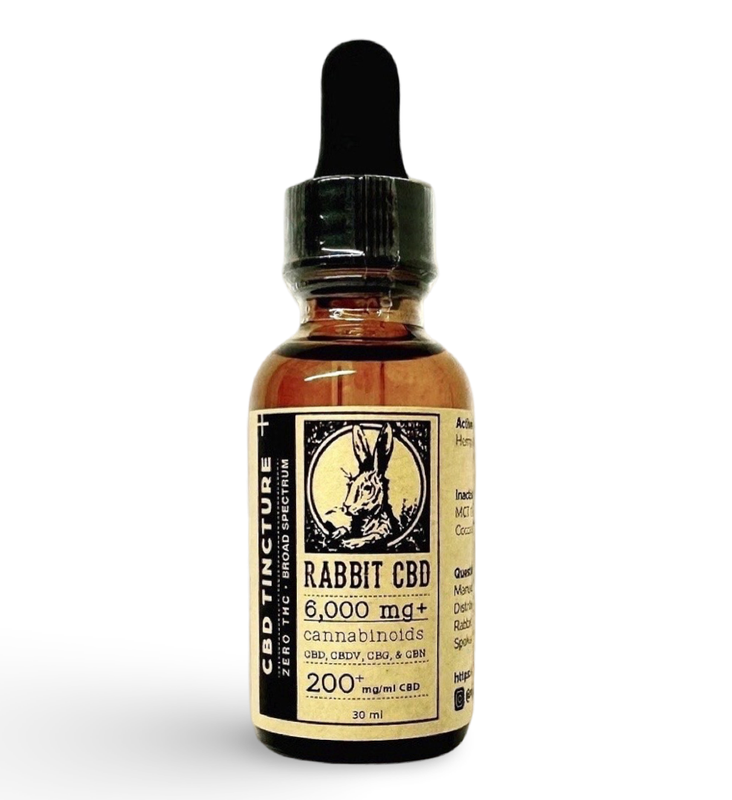
6000mg CBD+ Cannabinoid Tincture
$39.50
6000mg CBD+ Cannabinoid Tincture
A 4 in 1 meticulous blend of cannabinoids.

1500mg CBD Pet Tincture: Hemp Seed Oil
$29.75
1500mg CBD Pet Tincture: Hemp Seed Oil
All hemp solution so easy on digestion. Just a few drops will do!
On Sale
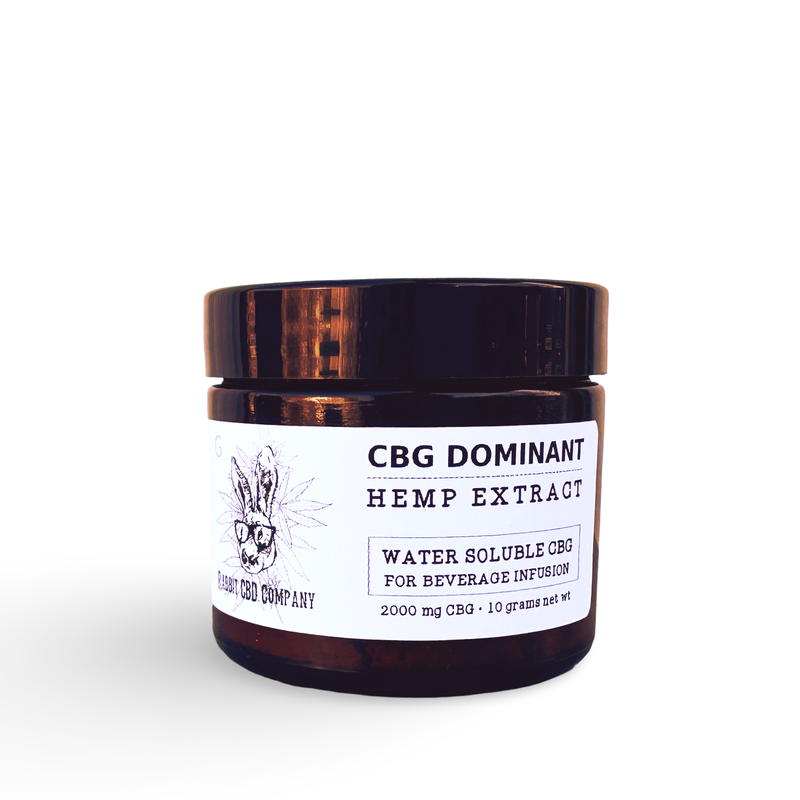
CBG Powder for Beverage Infusion
was $39.00
Save 8%
$36.00
CBG Powder for Beverage Infusion
CBG: The mother of all cannabinoids.
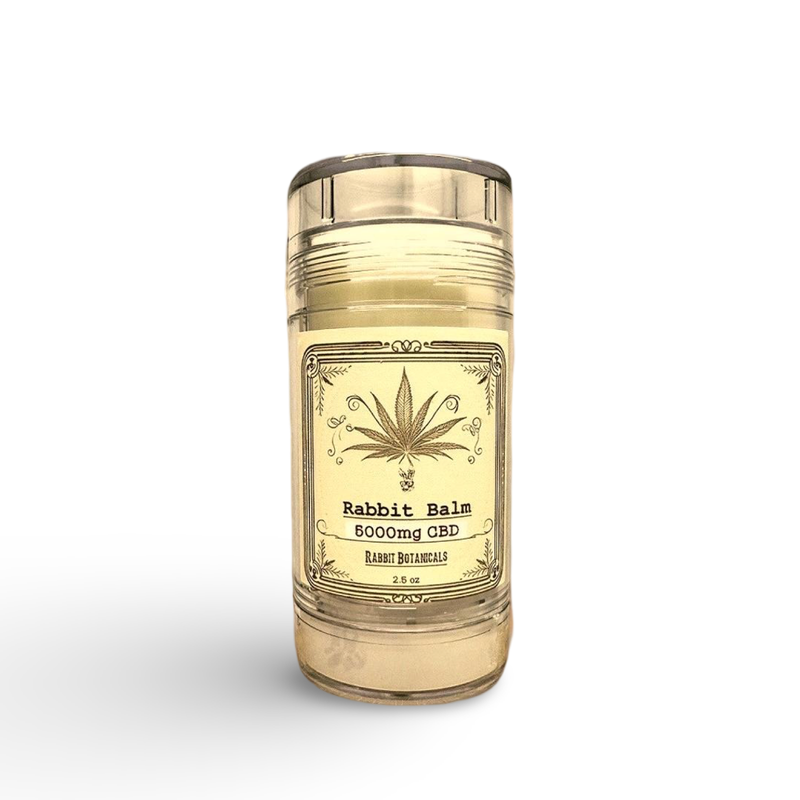
5000mg CBD Rabbit Balm
$36.75
5000mg CBD Rabbit Balm
An incredible solid balm stick. High CBD & mentholated.
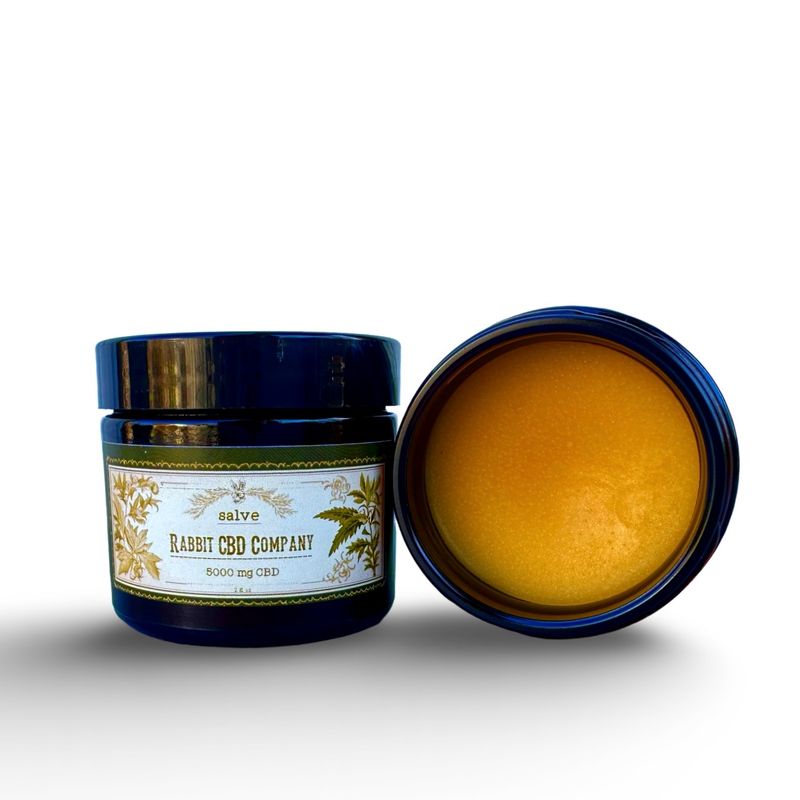
5000mg CBD Salve
$35.50
5000mg CBD Salve
A healing salve for all over. High CBD and high quality ingredients.
New Recipe!
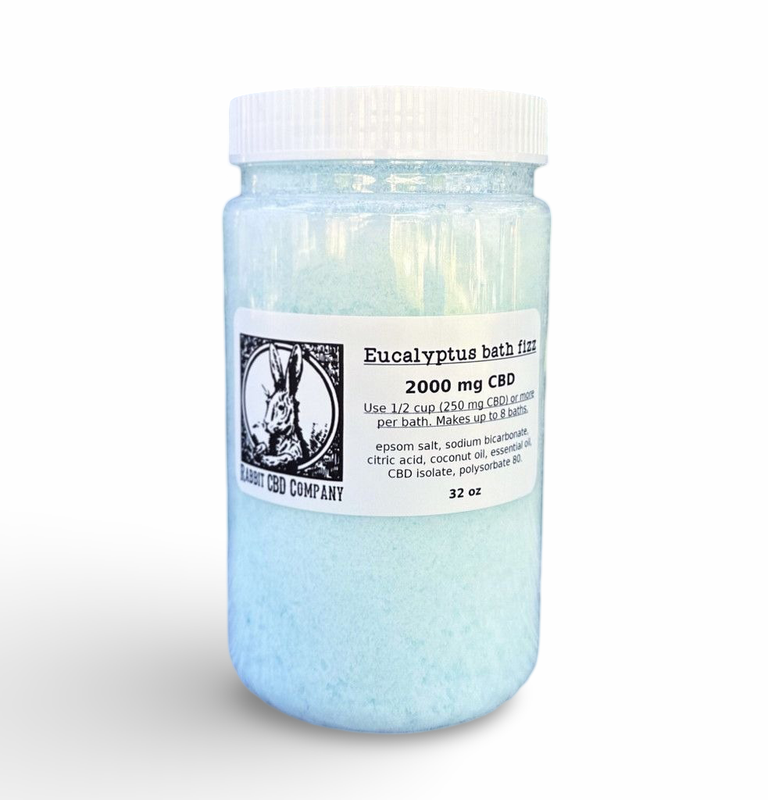
2000mg+ CBD Eucalyptus Bath Fizz, 32 oz
$30.00
2000mg+ CBD Eucalyptus Bath Fizz, 32 oz
Large container! Sensational pure eucalyptus oil.
Out of stock
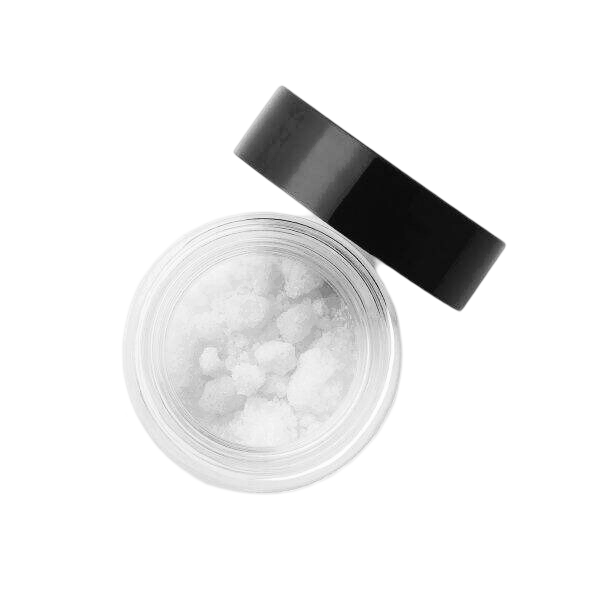
Cannabinoid Isolates · CBD, CBG
$25.00
Cannabinoid Isolates · CBD, CBG
Pure hemp-derived cannabinoids. For DIY or straight up.
Display prices in:USD

